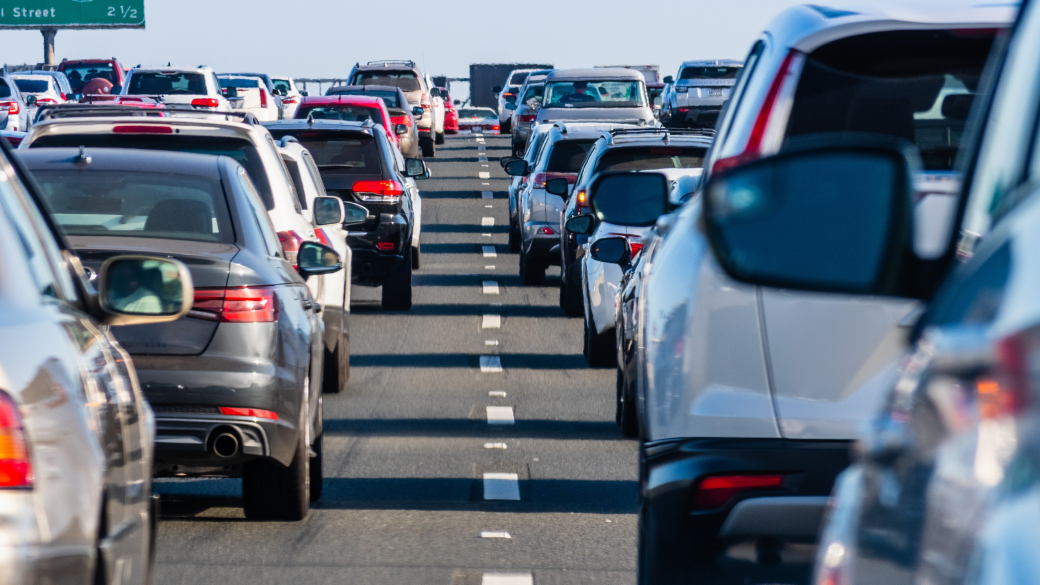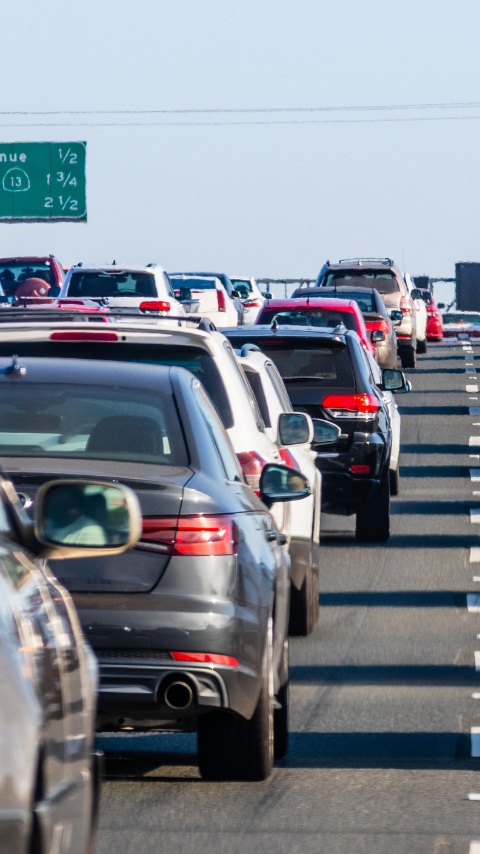



Posted on: 16 January, 2025
Artemis Technologies, a world leader in commercial efoiling vessels, today released its Future of Sustainable Transit Report. Conducted by accredited third-party research firm, Censuswide, this report features insights from 2,000 Americans on their key grievances regarding public transit and the changes they are hoping to see in their cities when it comes to more sustainable modes of transportation.
Data shows that 40% of Americans surveyed said they spend at least an hour on public transit per week but despite its ubiquitousness in daily life, almost half (49%) would give their city’s public transit a grade C or below. Moreover, hardly under 1 in 5 (17%) even admitted their experience with public transportation has made them think about moving to a city where they don’t need to rely on it to get around . This poor sentiment boils down to two key considerations: sustainability and rider experience.
Data shows consumers care about how the transportation methods they choose affects the environment with 1 in 5 (21%) respondents noting that their city cutting down on transportation-related climate impact is a top initiative they want to see in the near future. On a broader scale, a whopping 69% of respondents say they are indeed aware of their city’s sustainability initiatives, but 1 in 4 (28%) don’t have confidence in their city to achieve those goals.
In addition to low confidence in public transit’s capacity for going greener, users are not happy with the experience of riding public transport either. 64% of Americans have experienced public transportation disruption - in particular, almost half (46%) of respondents have been late for work, school or a doctor’s appointment and more than 1 in 4 (28%) folks have been stuck waiting for service in bad weather with no protection as a result of public transit failures.
Federal and state governments have attempted to remedy these issues as funding for public transportation programs has increased consistently year over year, but the consumer perception is not commensurate with these investments, punctuating the need for a fresh approach.
Just under 1 in 5 (19%) respondents say they’d be motivated to use a ferry service if it was more environmentally friendly, which is consistent with the finding that over a third (38%) say cleaning up waterways is one of the most important climate initiatives for their city.
In addition to the environment, users take their experience into account. Some of the key components people are looking for in the next 5 years when it comes to public transit improvements are expanded areas of service (30%) and increased hours of operation (29%). In other words, more access. If ferry service existed or increased, almost a third (32%) of Americans would consider using it if this service ran often and there were shorter wait times between rides.
David Tyler, Co-Founder of Artemis Technologies said:
Rethinking public transportation of the future must consider the user experience and the surrounding environment,
There is a larger opportunity for more private sector collaboration with cities to make ferry services, water taxis and other modes of maritime transport a more desirable and modern method of transportation, but those investments need to start now.”
Full data around local markets including Boston, Los Angeles, New York, San Francisco and Seattle can be found in the Future of Sustainable Transit Report
¹ 2000 Consumers in the US who have or may use public transit (aged 16+) from the following cities: New York, LA, San Francisco, Seattle, Boston, with a min. quota of 250 per city ² Respondents who have experienced public transport disruption (such as delays or closures) in the last 12 months. ³ *Respondents who have experienced public transport disruption (such as delays or closures) in the last 12 months. ⁴ 2000 Consumers in the US who have or may use public transit (aged 16+) from the following cities: New York, LA, San Francisco, Seattle, Boston, with a min. quota of 250 per city